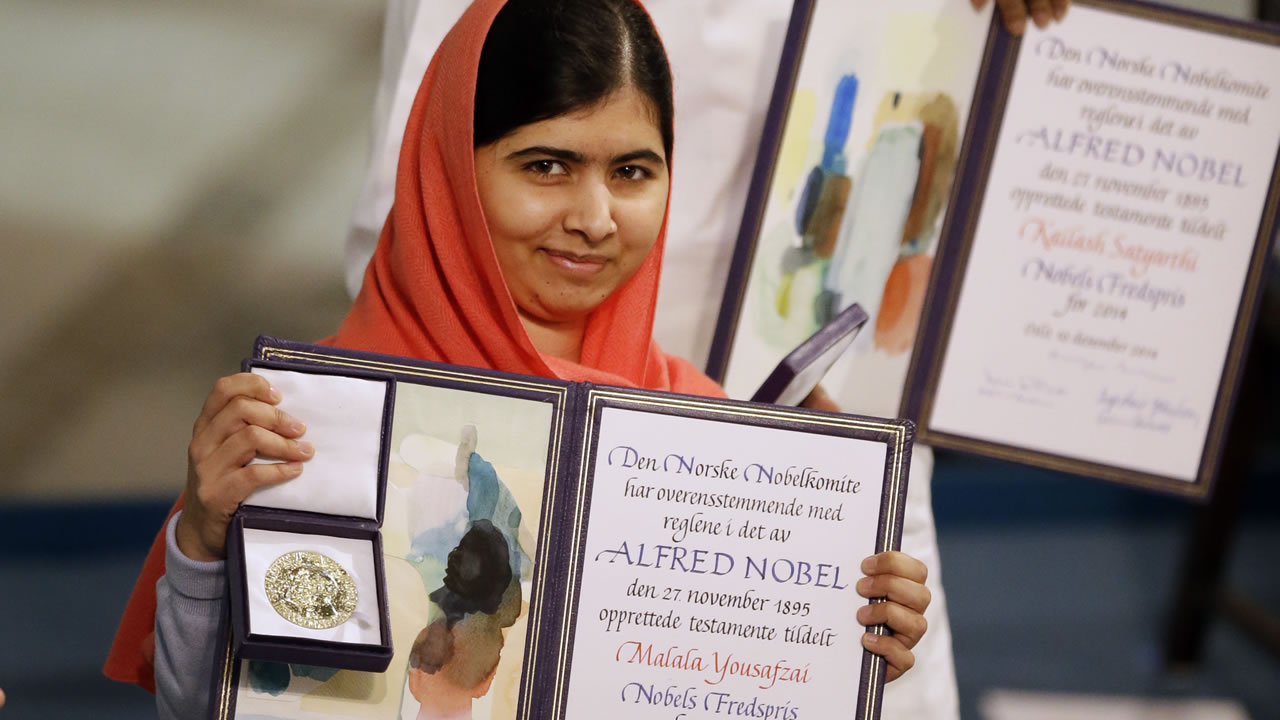In 2012, Malala Yousafzai made headlines around the world when she was shot by Taliban militants on her way to school in Pakistan. Her crime? Speaking out in favor of girls' education. Miraculously, Malala survived the attack and has since become a global icon for education and women's rights.
Malala's story is a remarkable one. Growing up in Pakistan's Swat Valley, she was passionate about education from an early age. But as the Taliban gained power in the region, they began to impose strict rules on girls' education, and Malala found herself at the forefront of a struggle to preserve the right to learn.
In 2009, when Malala was just 11 years old, she began writing a blog for the BBC about life under the Taliban. She wrote about the fear and uncertainty that gripped her community, and the determination of her family and friends to continue their education in the face of danger.
As Malala's profile grew, so did the threats against her. But she refused to be silenced. In 2011, she was nominated for the International Children's Peace Prize, and began speaking out more forcefully about the need for education and women's rights. And on October 9, 2012, as she was riding home from school, she was shot in the head by Taliban militants.
 (AP Photo)
(AP Photo)
The attack was a turning point in Malala's life. As she recovered in a hospital in Birmingham, England, she became a global symbol of courage and resilience. She continued to speak out in favor of education and women's rights, and in 2014 became the youngest-ever Nobel Peace Prize laureate, at the age of just 17.
Malala's impact has been immense. She has inspired millions of people around the world to stand up for education and gender equality. She has founded the Malala Fund, which supports education initiatives for girls in some of the world's poorest countries. And she has continued to speak out on the world stage, urging governments and businesses to invest in education and empower women and girls.
But Malala's work is far from done. Despite the progress that has been made, there are still millions of girls around the world who are denied the right to learn. In many countries, girls are forced to drop out of school at a young age, either because their families cannot afford to send them, or because of cultural attitudes that prioritize boys' education over girls'.
Malala's story is a reminder that education is a powerful tool that can change lives and transform communities. It is also a testament to the resilience and strength of the human spirit in the face of adversity.
Join Malala Yousafzai at Oslo Business Forum 2023
We are thrilled to announce that Malala will be joining us at the Oslo Business Forum in September 2023. This is an incredible opportunity to hear her inspiring story, and to gain insight into the power of creating change – a gift that Malala is determined to share with the world. 
.jpg?width=680&height=472&name=CTA_Article_2023%20(1).jpg)